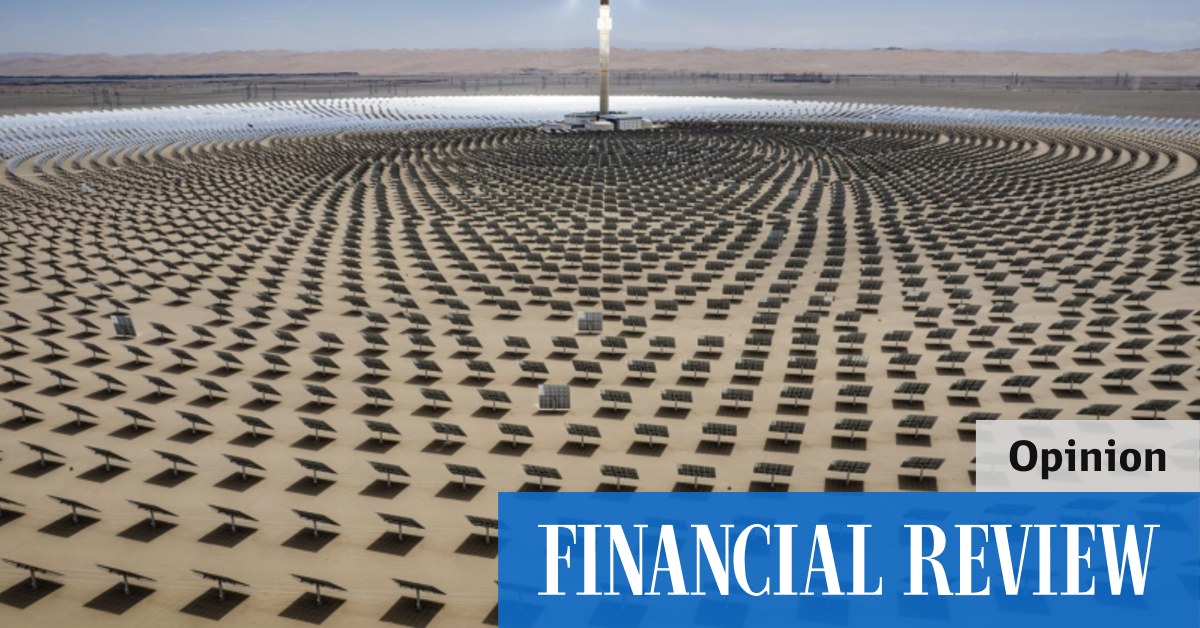The dominance of China’s solar industry raises concerns about alleged human rights abuses, casting a shadow over global solar energy efforts. As nations strive for a green energy transition, they face a dilemma of balancing environmental goals with social justice.
China’s Solar Supremacy and Allegations of Human Rights Abuses
China’s stronghold on solar energy manufacturing, contributing over 80% of global production, has drawn attention to allegations of human rights violations in the Xinjiang region. This region produces a significant portion of the world’s polysilicon, a crucial material in solar modules.
International Scrutiny and Allegations of Forced Labor
Accusations of forced labor and human rights abuses against ethnic minority Uighurs in Xinjiang have led to international scrutiny. Reports by organizations like the Australian Strategic Policy Institute implicate numerous companies, including global giants like Amazon, Uniqlo, and Volkswagen, in potentially benefiting from abusive labor practices.
Regulatory Responses and the Burden on Solar Industry
In response to concerns, the US and EU have introduced legislation aimed at banning imports produced with forced labor from Xinjiang. Companies now face the challenge of proving their supply chains are free from forced labor, imposing significant regulatory burdens on the solar industry.
Navigating Transparency and Trust in Supply Chains
Achieving ethical sourcing in the solar industry requires transparency and trust in supply chains. However, challenges persist in verifying labor conditions, as evidenced by conflicting audit results and skepticism from human rights organizations. Without trust in transparency measures, divestment from Xinjiang is likely to continue, exacerbating geopolitical tensions.
The Way Forward: Balancing Environmental and Social Imperatives
As nations navigate the complexities of the solar industry, they must balance environmental goals with social justice concerns. Addressing allegations of human rights abuses while advancing environmental initiatives requires international cooperation and a commitment to ethical practices across the solar supply chain.
In conclusion, achieving a just transition to solar energy necessitates addressing both environmental and social imperatives, fostering transparency, trust, and collaboration on a global scale.
Source:afr.com





